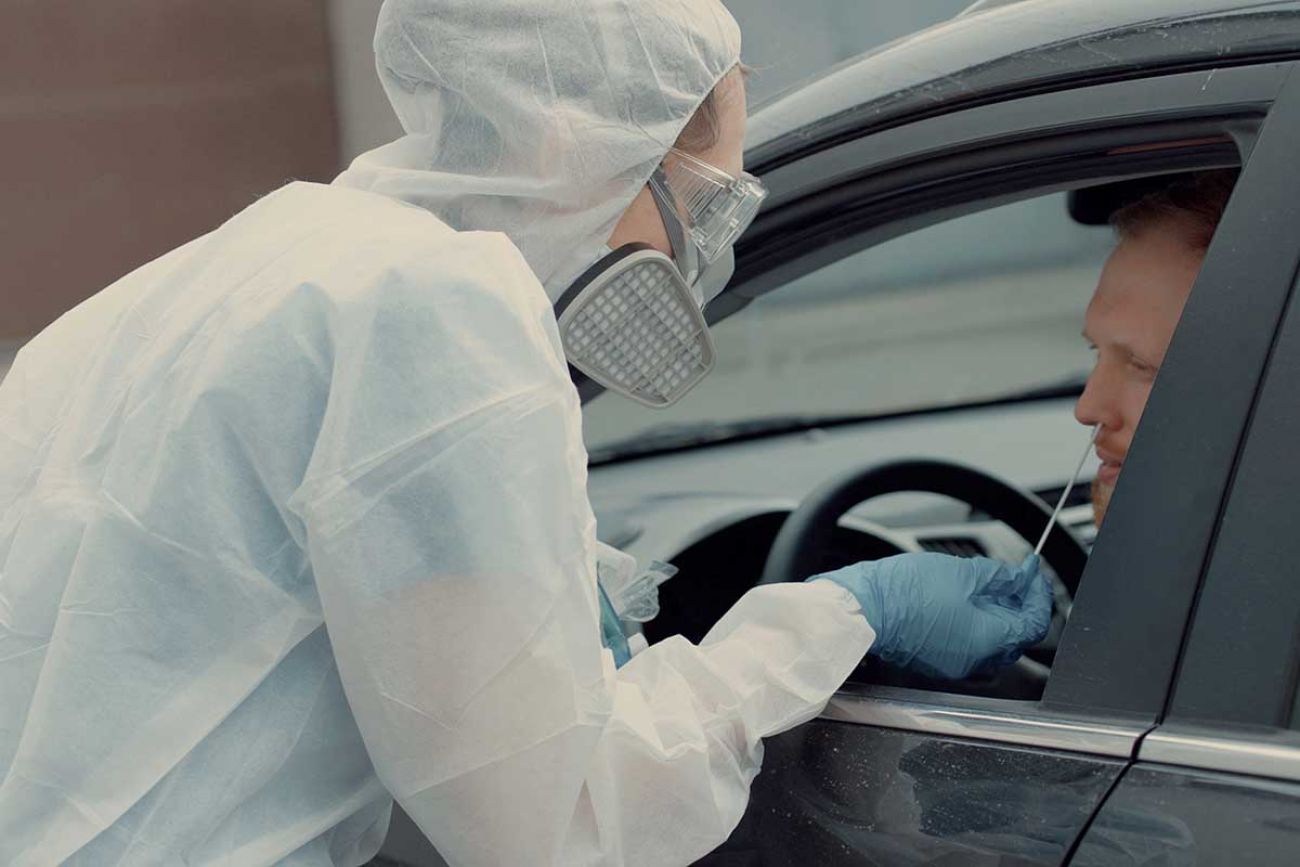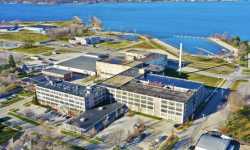How Michigan will spend $1.2B in federal aid for pandemic relief, COVID tests

LANSING — Michigan lawmakers on Tuesday approved a $1.22 billion funding package to expand the state’s pandemic response through increased testing, treatments and other services.
The federally-funded plan — soon to hit Gov. Gretchen Whitmer’s desk — marks a breakthrough in an often contentious debate between Republicans and Democrats over how to spend a flood of federal pandemic and stimulus funding available to the state.
Among other things, the package includes $300 million to retain and recruit health care workers, a shortage that was exposed and exacerbated by the pandemic that has infected 2 million Michiganders since March 2020.
Lawmakers also set aside millions of dollars for school testing, adult foster care and help for nursing homes that have been particularly hard hit by the coronavirus.
The near-approval Tuesday followed months of negotiations between Republicans and Democrats over the plan to spend down roughly $7 billion in stimulus funds and other federal money available to the state.
“It will help more people infected with the virus recover faster and more fully,” House Appropriations Chair Thomas Albert, R-Lowell, said in a statement.
“It will help keep our kids in school so they can catch up on lost learning. And it will provide reinforcements for weary workers at short-staffed hospitals and other health care providers who have bravely battled this pandemic the past two years.”
The bill will go to the Democratic governor after the Senate signs off on a House change to the package.
The deal comes as the state is flush with cash. Apart from $7 billion in federal funds, the state has nearly $7 billion in state budget surplus as Whitmer prepares to unveil her new budget proposal to the legislature on Wednesday.
Expanded COVID-19 treatment
The plan would pump $367 million into statewide COVID-19 testing efforts and includes an additional $151 million on testing kits in schools. The funding followed Whitmer’s request last year for $300 million for testing in K-12 schools.
It also would appropriate:
- $29.7 million for local governments and school districts to help with response to the COVID-19 pandemic.
- $54 million for “vaccine support” for “education, outreach, and other community engagement strategies.”
- $75 million to establish at least eight early COVID-19 treatment and testing sites across the state, including at least $10 million that must go to local health providers. The sites must prioritize high-risk patients for “COVID-19 therapeutic treatments” and offer the service at no cost to the patients.
- $25 million for early-treatment procurements.
The bill did not define “therapeutic treatments,” but the monoclonal antibody treatment is considered the most common therapy for COVID-19 patients. The Food and Drug Administration has limited the use of the therapy due to the prevalence of the omicron variant, which the agency says monoclonal treatment is “highly unlikely to be active against.”
The only two senators to vote against the supplemental funding bill were Republicans Jim Runestad of White Lake and Lana Theis of Brighton.
Runestad proposed a failed amendment that would have prohibited the state from using a "social vulnerability index" to prioritize treatment distribution using factors like the number of minority residents and socio-economic status.
Runestad said he was concerned access to monoclonal antibodies could be based on factors other than medical necessity.
Child and elderly care
The state would also spend a total of $44 million to nursing homes, including $29 million for infection control programs, $10 million to help facilities convert multi-resident rooms into single-resident rooms and $5 million to cover respirator costs.
Licensed foster care homes or unlicensed caregivers for children would receive a total of $19 million up until September 2026 at the rate of $1,500 per child. The goal is to “offset the costs” on foster care homes associated with the COVID-19 pandemic, the bill states.
A total $8.2 million would go to private child care providers, with $6.2 million to institutions that offer abuse, neglect and juvenile justice services and $2 million to Vista Maria, a residential treatment center for children, according to a fiscal impact analysis by the Senate.
Another $4 million would also go toward Wayne State University to establish a “mobile health corps” — a team addressing health disparities in southeast Michigan.
See what new members are saying about why they donated to Bridge Michigan:
- “In order for this information to be accurate and unbiased it must be underwritten by its readers, not by special interests.” - Larry S.
- “Not many other media sources report on the topics Bridge does.” - Susan B.
- “Your journalism is outstanding and rare these days.” - Mark S.
If you want to ensure the future of nonpartisan, nonprofit Michigan journalism, please become a member today. You, too, will be asked why you donated and maybe we'll feature your quote next time!




